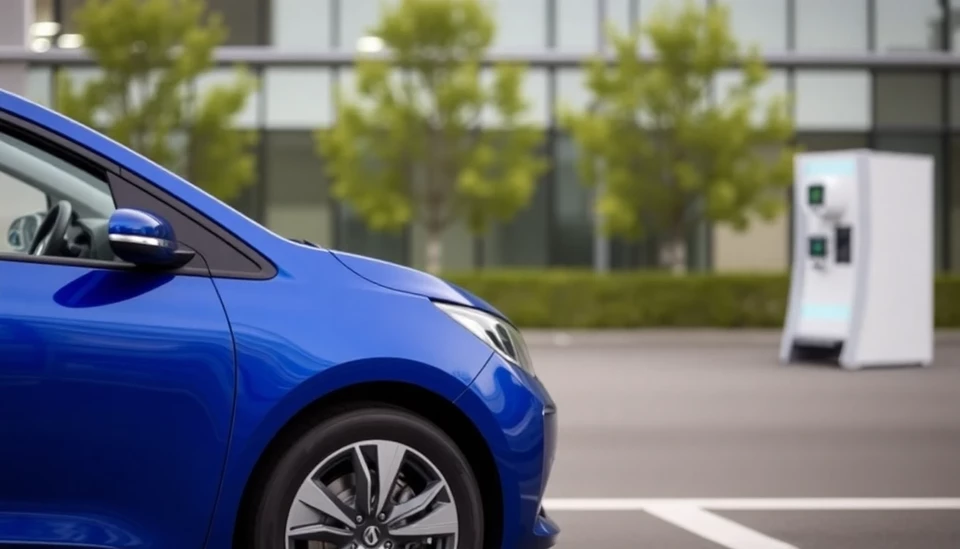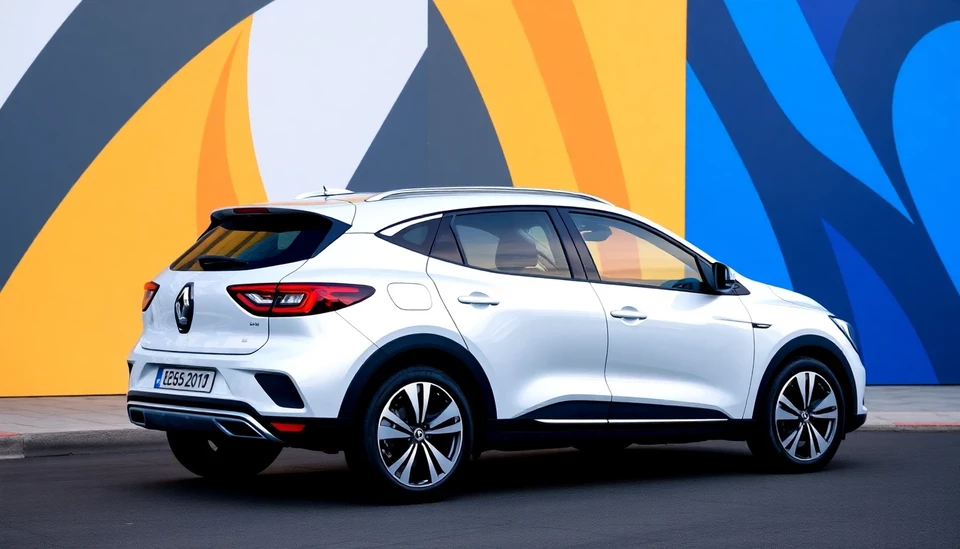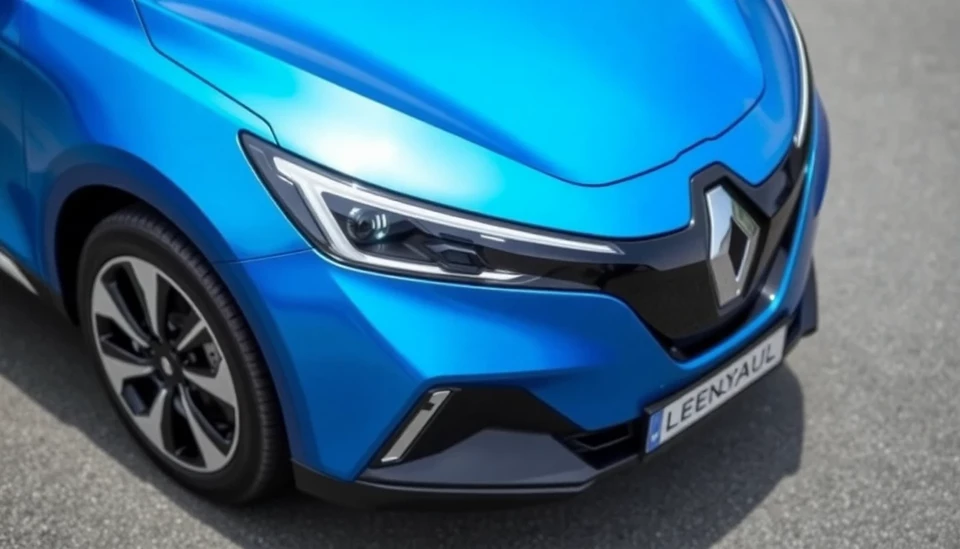
Renault and Stellantis, two major players in the automotive industry, are optimistic about a resurgence in electric vehicle (EV) sales as a result of recent price reductions on their models. This promising outlook comes in the wake of a challenging year for EV manufacturers, marked by rising costs and shifting consumer preferences.
As both companies strive to regain momentum in the EV market, they are focusing on aggressive pricing strategies aimed at making electric vehicles more accessible to a broader audience. This adjustment reflects a crucial response to the heightened competition in the industry, particularly in light of recent price drops from leading EV manufacturers like Tesla.
The impact of these price adjustments is clear. Following Tesla's decision to lower the costs of its offerings, both Renault and Stellantis have moved to recalibrate their pricing structures to attract cost-conscious consumers. Analysts expect this shift might significantly enhance the appeal of their electric models, leading to a potential upswing in overall sales figures.
Stellantis, which encompasses brands such as Jeep, Peugeot, and Fiat, has expressed a particularly optimistic viewpoint, citing a robust pipeline of upcoming EV models that are competitively priced. The company believes that these new offerings will enable them to better compete with established players in the EV sector, potentially rejuvenating consumer interest in their electric lineup.
Renault, on the other hand, is also preparing to unveil a variety of affordable electric models aimed at meeting the demands of budget-conscious buyers, further indicating a commitment to expand its presence in the EV market. This strategy not only signifies rapid adaptation to market dynamics but also underscores the significance of achieving economies of scale in electric vehicle production.
The adjustment in pricing comes as both manufacturers simultaneously navigate the ongoing transition to electric vehicles, a shift that has been challenged by soaring battery costs and a shortage in critical materials. Nevertheless, executives from both Renault and Stellantis remain confident that the decline in battery prices will allow them to introduce more competitively priced EVs without compromising on quality and technology.
In summary, as Renault and Stellantis set their sights on rejuvenating EV sales through strategic price cuts and innovative models, the automotive market anticipates an exciting period of growth and competition in the EV sector. The successful execution of these strategies could position both companies as strong competitors in the evolving landscape of electric mobility.
#Renault #Stellantis #ElectricVehicles #EVSales #PriceCuts #AutoIndustry #SustainableMobility
Author: Victoria Adams




